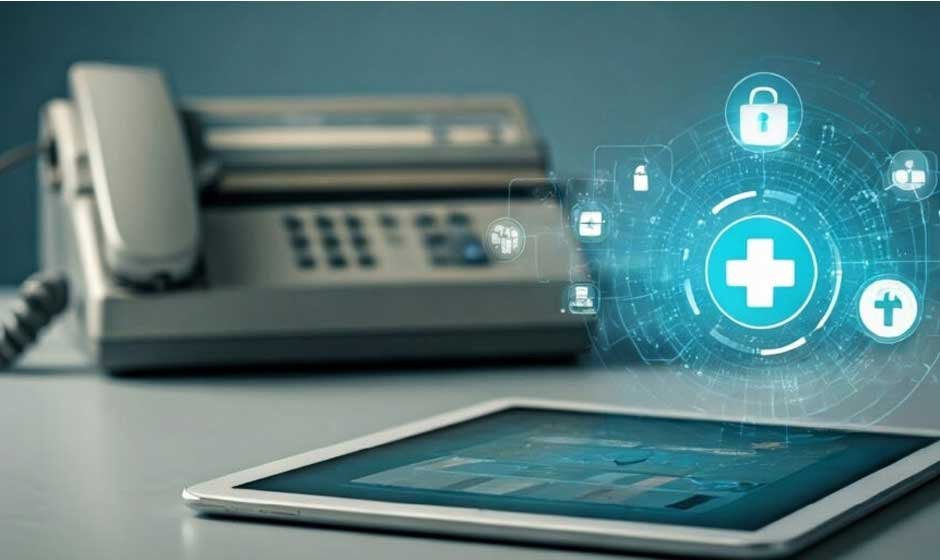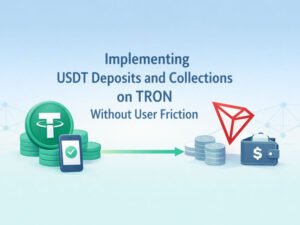The Enduring Importance of Faxing in Modern Communication
Despite the explosion of digital communication platforms, faxing remains a steadfast solution for many modern businesses and industries that must safeguard document integrity, security, and legal compliance. Technology advancements have reimagined faxing for mobile devices, allowing professionals to send and receive documents quickly without relying on physical machines or office setups. This digital reinvention is best exemplified by top-rated apps like the top fax application for iPhone, which brings traditional faxing’s security and reliability to any smartphone or tablet, seamlessly combining the strengths of old and new methods.
Faxing remains relevant because it addresses gaps that even the most popular digital solutions can overlook, especially in regulated and high-stakes settings. Mobile faxing uniquely bridges convenience, compliance, and accessibility, making it a necessary tool rather than an outdated relic. As data privacy laws continue to evolve, organizations need tools that support secure, end-to-end document transmission. Fax apps fill that need by offering encryption, delivery confirmations, and audit trails that meet the standards of industries like healthcare, finance, and law.
Security and Compliance: A Critical Consideration
Confidentiality and regulatory compliance lie at the heart of faxing’s enduring importance, particularly in healthcare, financial services, and government sectors. Email and instant messaging services are vulnerable to cyber threats like interception and phishing. Fax technology, transmitted over dedicated phone lines or through encrypted mobile apps, offers enhanced security protocols that meet stringent industry regulations like HIPAA and GDPR. Digital faxing safeguards sensitive data through robust encryption and secure transmission protocols, providing peace of mind in every document exchange.
Mobile fax apps further elevate security by utilizing encrypted data storage, password-protected document access, and audit trails, bolstering compliance and traceability. With regulatory demands only increasing, digital faxing ensures business continuity without sacrificing peace of mind.
Convenience and Accessibility
Decades ago, faxing was confined to the static setting of an office. Today, mobile fax apps revolutionize this by allowing users to send, receive, and manage faxes from virtually anywhere. Employees can stay productive on the go, whether in a remote work setting, on a business trip, or balancing demands across multiple sites. Mobile faxing allows users to send, receive, and even electronically sign faxes from virtually anywhere, removing dependence on office equipment or hours.
This accessibility empowers small businesses and enterprises alike, enabling faster turnaround for approvals, contracts, and time-sensitive documents. As mobile workforces expand, faxing keeps up without missing a beat.
Cost-Effectiveness and Environmental Impact
Traditional fax setups have hidden operating costs—paper, toner, machine repairs, and dedicated phone lines—that add up quickly over time. A mobile faxing solution is leaner and eliminates the need for physical resources altogether. This leads to direct savings and improved operational efficiency. Choosing a digital-first fax platform also aligns with sustainability initiatives; less reliance on paper and hardware contributes to an environmentally conscious business model.
Mobile faxing demonstrates that technological advancement can be both practical and eco-friendly. It meets modern business needs while supporting global efforts toward reduced waste.
Integration with Digital Workflows
The effectiveness of any business tool in today’s workplace hinges on its ability to dovetail with existing digital workflows. Mobile fax applications rise to this challenge by integrating seamlessly with cloud storage, electronic signature tools, and various file formats—including PDFs, Word documents, and images. Users can annotate, edit, and sign faxes electronically, enhancing collaboration and speeding up decision-making.
With mobile fax, document management becomes centralized and accessible from multiple devices. This enables teams to access critical documents securely, whether in the office or remotely. This integration transforms an old-fashioned process into a dynamic, modern workflow component.
Reliability in Document Transmission
The reliability of faxing stands out where digital communications sometimes falter. Emails may be filtered into spam folders, experience lag, or fall victim to server outages. Mobile faxing, by contrast, delivers documents directly, minimizing the risk of miscommunication or loss. In fields where time and documentation are critical—such as legal services, healthcare, or logistics—this reliability can be the difference between seamless operations and critical delays.
The assurance of delivery, timestamped confirmation receipts, and direct lines all contribute to faxing’s ongoing value proposition for essential document exchanges.
Legal Recognition and Acceptance
Unlike many digital files, faxed documents are often explicitly recognized as legally binding by courts and regulatory bodies. This designation makes fax the preferred medium for agreements, contracts, and sensitive communications. Mobile fax retains all the legal benefits of traditional fax, while also allowing digital attachments and electronic signatures, eliminating the hassle of scanning or physical sign-offs.
Businesses gain the dual advantage of legal credibility and digital convenience, making mobile faxing appealing for negotiations, compliance paperwork, and official correspondence across borders.
Conclusion
Mobile faxing has not merely survived in the digital-first era; it has evolved into a secure, efficient, and integrated communication tool. Its strengths in security, compliance, accessibility, and legal acceptance are more relevant than ever for industries demanding document integrity and reliability. By leveraging mobile faxing solutions, businesses are well-positioned to drive efficiency, meet regulatory requirements, and support flexible, modern workflows without compromising security or professional standards.










